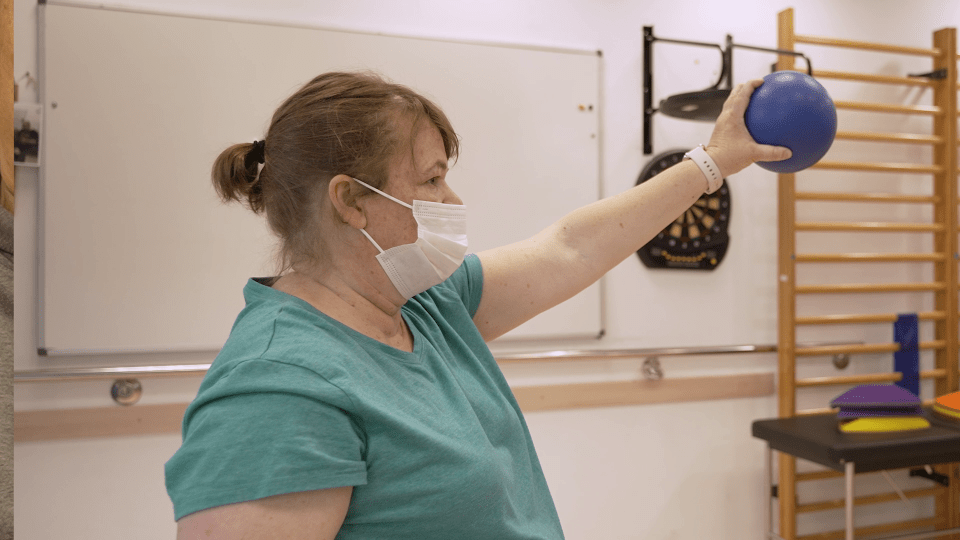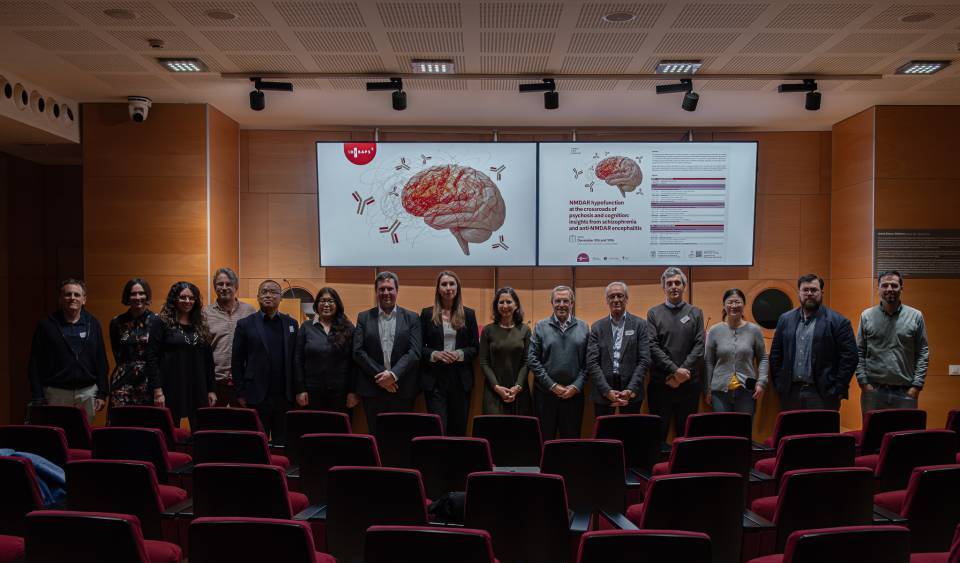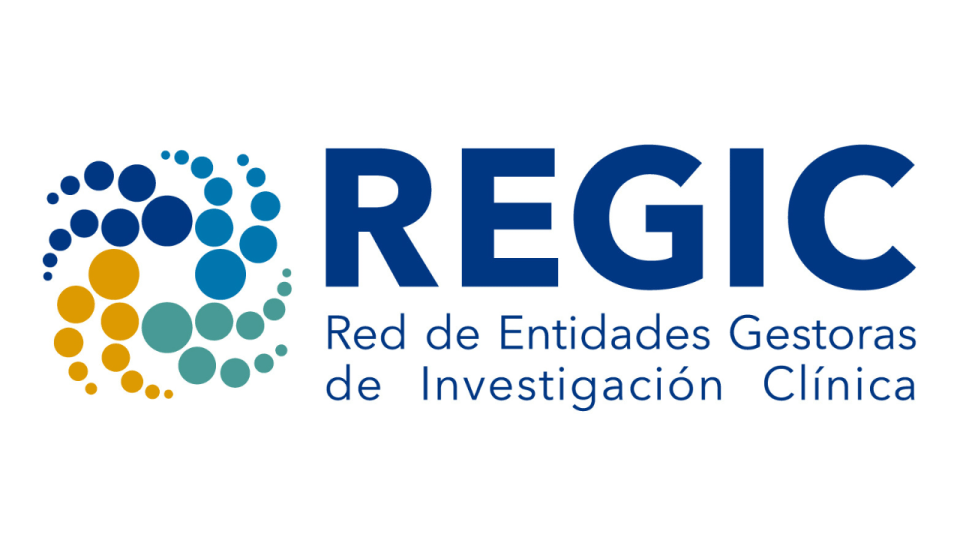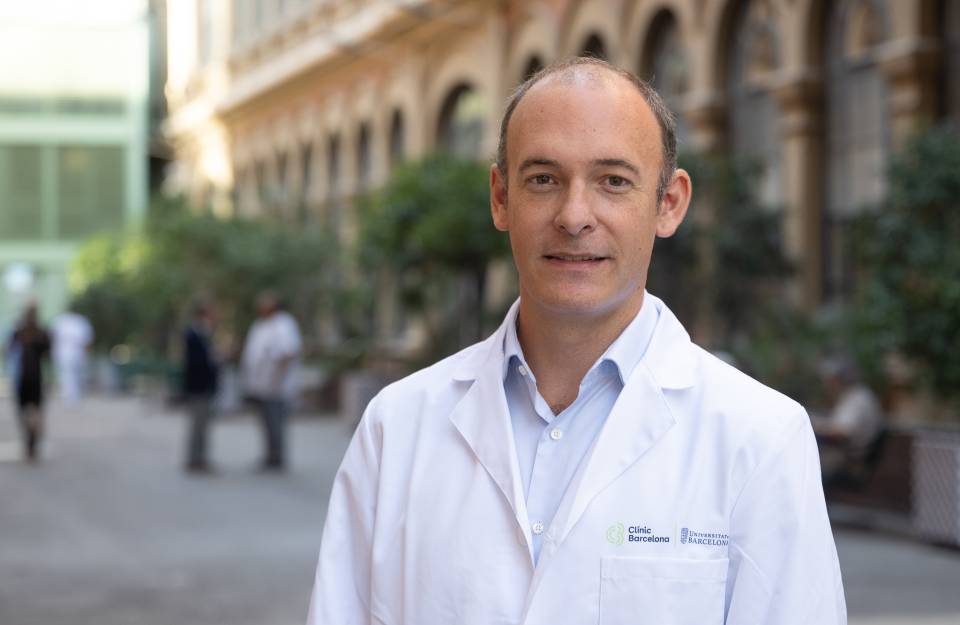During that time she also noticed that she had lost her sense of smell, a symptom that is also associated with Parkinson’s disease, even before the mobility problems caused by the disease appear. The start of the disease “was very hard”, she concludes.
Parkinson’s disease is characterised by slowness of movement, muscle rigidity, tremor and gait disturbance. At present, there is no treatment available to cure or modify the progression of the disease. However, there are many drugs, and even surgical treatment, to relieve the symptoms. Dr. Maria Josep Martí, of the Hospital Clínic Parkinson’s Disease and Movement Disorders Unit tells us that, “this is a neurodegenerative, chronic disease for which we still have no cure. We cannot cure it, but we can improve the patients’ quality of life”, she concludes. Dr. Martí also emphasises the need to diagnose Parkinson’s disease as early as possible because, “by the time the disease is diagnosed, over 50% of the dopaminergic neurons in part of the brain have already degenerated”. Dr. Alícia Garrido of the Parkinson’s Disease and Movement Disorders Unit explains that at present the diagnosis is carried out through a neurological exam, “when Montse was diagnosed she had the symptoms typical of the disease: slowness of movement, rigidity and a slight tremor”.
Apart from symptomatic treatments, good lifestyle habits such as physical exercise and having good social and emotional support are crucial in order to improve the patients' quality of life, especially in people who have just been diagnosed with the disease. At the time of diagnosis, many questions arise and good health education is essential. Family members and friends, together with the medical team, are an essential support for the acceptance of and coexistence with the disease. In some cases, specialized psychological help may be necessary. Montse says, “my husband and my children have been key to coping with the disease and remaining active despite the circumstances”.
Montse has received pharmacological treatments and also, 2 years ago, she underwent deep brain stimulation surgery, which went very well. “Before the surgery, I couldn’t even cross my fingers and had lots of problems moving around”, she explains. Dr. Garrido says that this type of intervention at more advanced stages of the disease can help control the symptoms and substantially improve the patients’ quality of life. Every week, Montse takes part in activities at the Hospital Clínic’s Reina Amàlia Centre, which is located in the Raval district. There, around a dozen patients with Parkinson’s disease meet to share their experiences, and also to engage in moderate physical activity and take part in different occupational workshops. Montse explains that, “we have a very nice group and we help and encourage each other”.
The key is the early diagnosis of Parkinson's disease
Researchers at the Hospital Clínic-IDIBAPS are leading the “Healthy Brain Aging” (HeBA) study to obtain information on 10,000 healthy people who do not have Parkinson’s disease, and to identify which individuals are at high risk of developing it in the future. https://www.cervellsaludable.cat/ca/a
The aim of the study is to identify as early as possible those people with a higher risk of developing Parkinson’s disease. In order to obtain this information, an online form has been designed with questions about factors that are believed to be associated with a greater risk of developing Parkinson's disease or other neurodegenerative diseases. The study aims to examine scientifically the suitability of these questionnaires as early detection tools. In order to obtain reliable results, it is VERY IMPORTANT that the questionnaire is fully completed. In a second phase of the study, some of the participants are being invited to go to the hospital for a more detailed examination.
Dr. Martí stresses that, “with the HeBA project, what we want to do is to try to get a diagnosis in the early stages of the disease. We want to know whether by answering a few questions through an online form we are able to say that the person who responds has a high risk of developing Parkinson's disease or not”. Dr. Garrido, meanwhile, explains that, “by diagnosing Parkinson’s disease earlier, we could try to slow down the process of neurodegeneration”.
In Spain, 10,000 new cases of Parkinson’s disease are diagnosed each year, and it is calculated that the number of people affected will triple by 2025. The Hospital Clínic Barcelona Parkinson’s Disease and Movement Disorders Unit treats over 400 patients every year.




